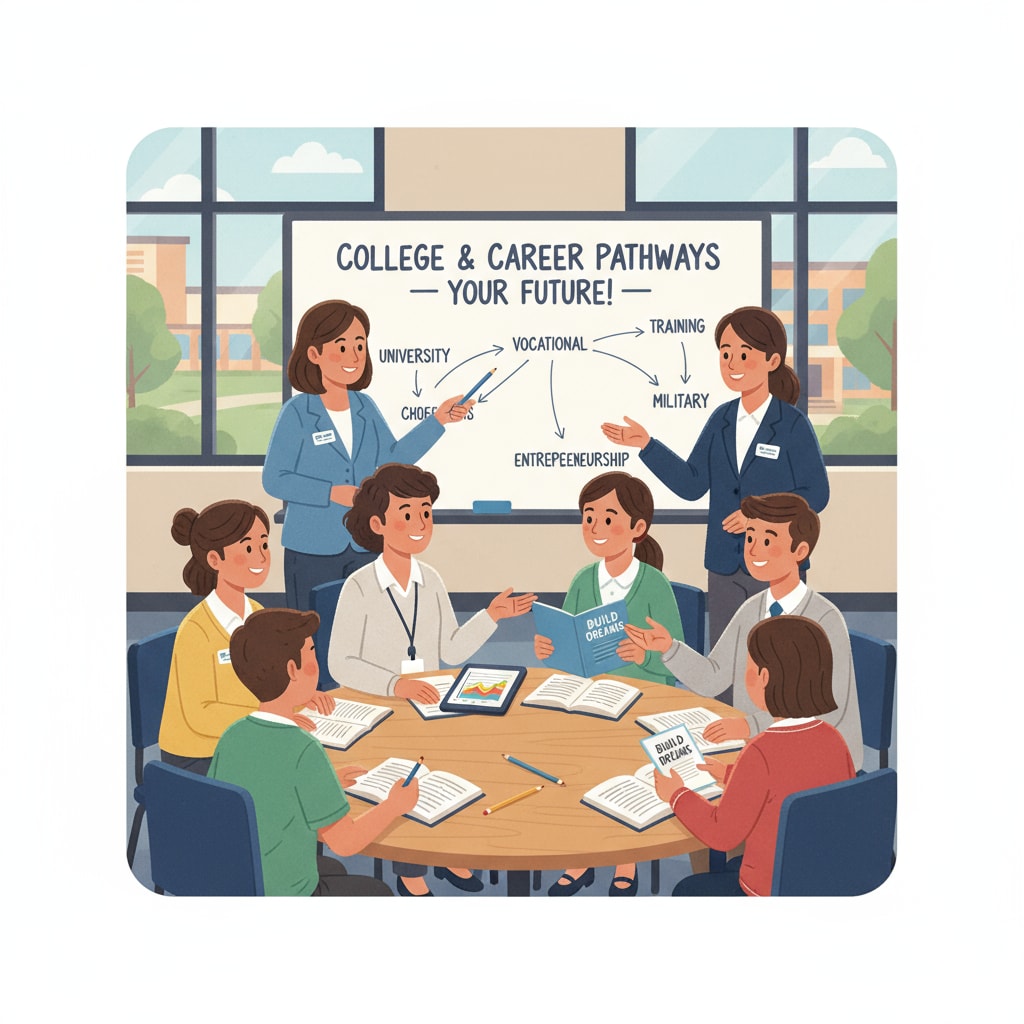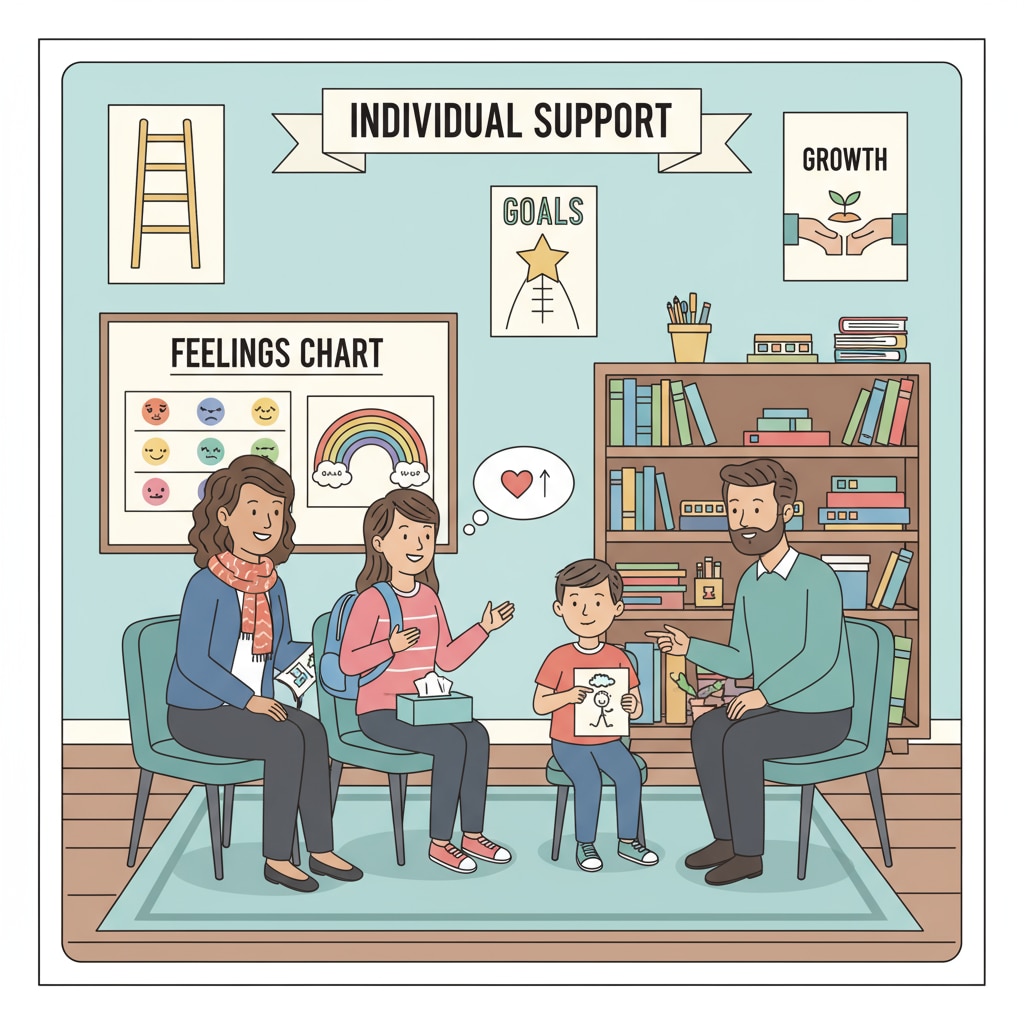In the vast landscape of the education system, school counselors play a pivotal yet often underappreciated role. Their duties extend far beyond the surface, impacting students’ academic, emotional, and social development in profound ways.

As we embark on this exploration, let’s uncover the true essence of school counselors’ roles, the challenges they face, and how we can harness their full potential.
The Multifaceted Roles of School Counselors
School counselors are like the unsung heroes in the education ecosystem. Their primary duty is to provide academic guidance. They help students select appropriate courses, plan their educational paths, and set achievable goals. For example, they assist students in choosing the right subjects based on their interests and future career aspirations. American Psychological Association’s insights on school counseling In addition to academics, they also focus on students’ mental health and emotional well-being. They offer a listening ear, provide counseling services, and help students navigate through various life challenges.

Systemic Challenges Faced by School Counselors
Despite their vital roles, school counselors encounter numerous systemic challenges. One major issue is the heavy caseload. With a large number of students to attend to, it becomes difficult for them to provide personalized attention to each one. Moreover, limited resources, both in terms of funding and staff, pose significant obstacles. This lack of resources restricts their ability to offer comprehensive services. Another challenge is the evolving nature of students’ needs. As society changes, students face new and complex issues, and counselors must constantly adapt and upgrade their skills. ASCA National Model on school counseling
To fully realize the value of school counselors, several steps can be taken. First, schools should ensure an appropriate counselor-to-student ratio. This would allow counselors to spend more quality time with each student. Second, investing in professional development opportunities for counselors is crucial. This helps them stay updated with the latest counseling techniques and knowledge. Additionally, creating a collaborative environment among teachers, parents, and counselors can enhance the support system for students.
In conclusion, school counselors are an integral part of the education system. Their diverse duties contribute significantly to students’ overall development. By addressing the systemic challenges and implementing the suggested strategies, we can unlock the full potential of school counselors and create a more nurturing educational environment for students.
Readability guidance: This article uses short paragraphs and lists to summarize key points. Each H2 section provides a clear focus. The proportion of passive voice and long sentences is controlled, and transitional words are evenly distributed throughout the text to enhance readability.


